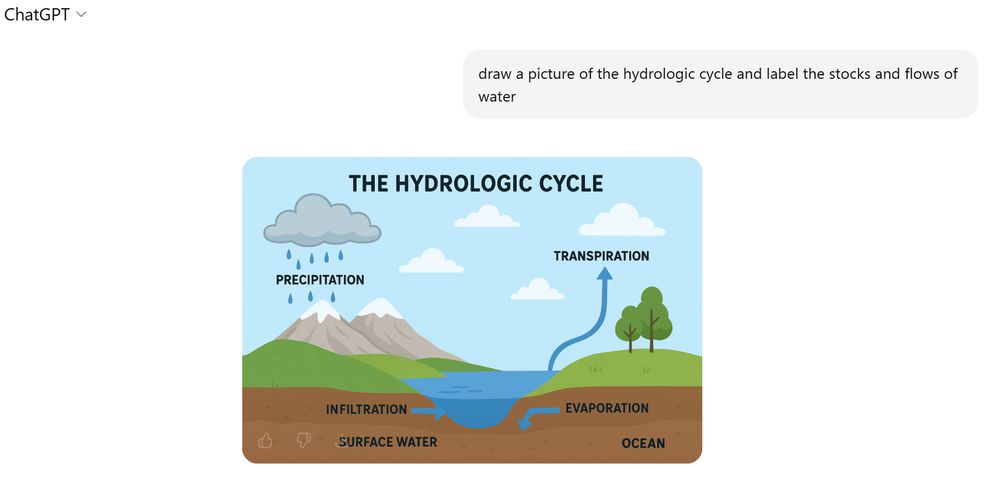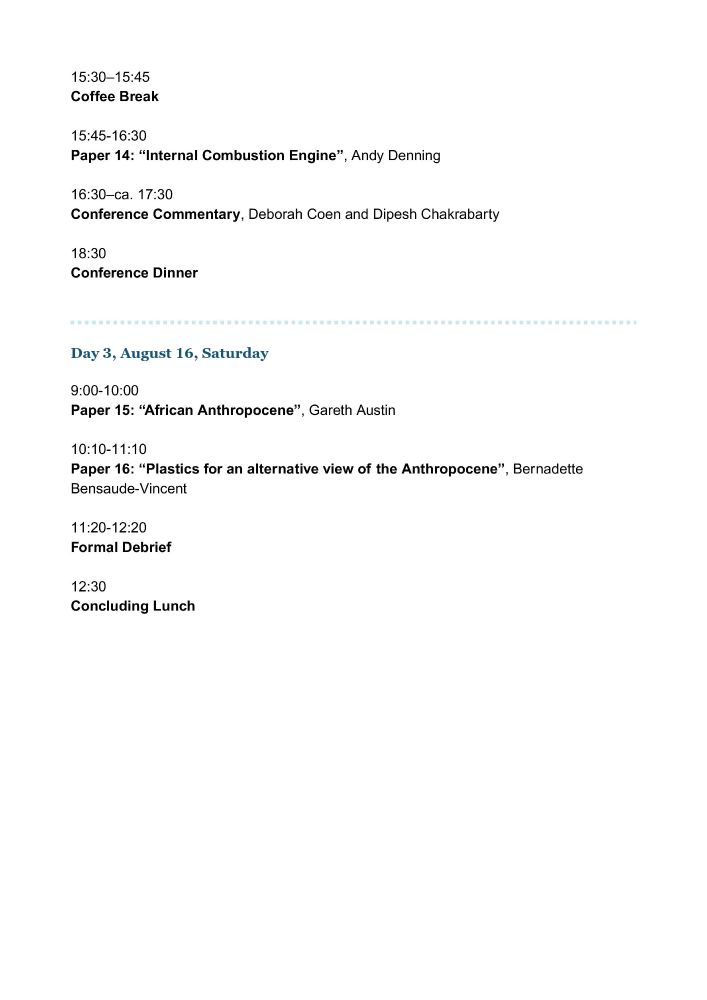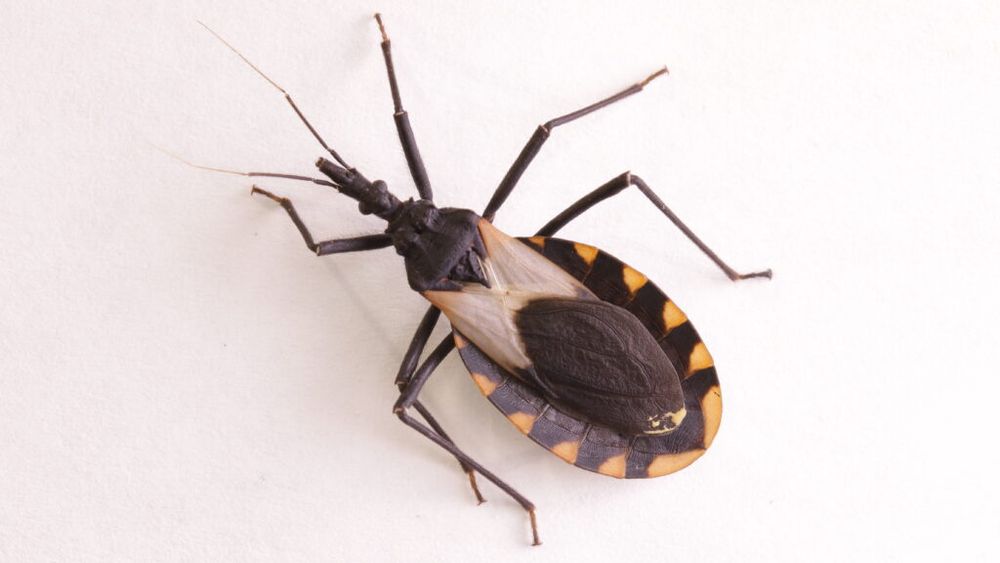Fredrik Albritton Jonsson
@fredrikjonsson.bsky.social
2.8K followers
2.3K following
150 posts
Historian at the University of Chicago. Co-editor of The Journal of Modern History. New book: Scarcity with Carl Wennerlind (Harvard 2023). Next: Britain's fossil transition 1760-1870 and, with Moritz von Brescius, The Long Acceleration 1500-1950.
Posts
Media
Videos
Starter Packs
Pinned
Reposted by Fredrik Albritton Jonsson
Reposted by Fredrik Albritton Jonsson
Reposted by Fredrik Albritton Jonsson
Reposted by Fredrik Albritton Jonsson
Reposted by Fredrik Albritton Jonsson
Reposted by Fredrik Albritton Jonsson
Reposted by Fredrik Albritton Jonsson
















